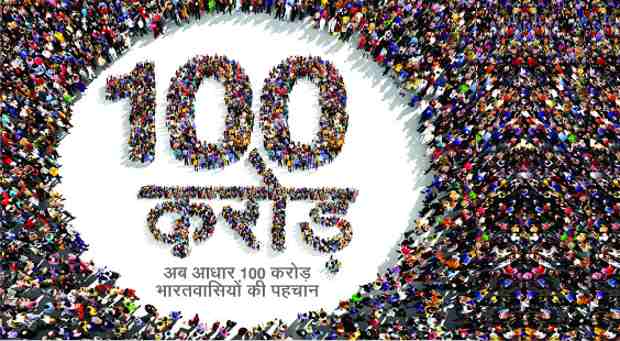Supreme Court of India Upholds the Validity of Aadhaar
In its 1,448-page verdict delivered today, September 26, the Supreme Court of India observed that the national identification scheme Aadhaar is needed, as it empowers the underprivileged sections of the society.
Upholding the validity of Aadhaar in a four-one majority judgment, the court allowed the use of Aadhaar for access to government’s welfare schemes. However, it put certain limitations on the use of Aadhaar biometric data collected from more than one billion citizens of India.
Now Aadhaar will not be mandatory for bank accounts, mobile phone connections, and school admissions. The court judgment added that citizens will have to link Aadhaar number to their PAN (Permanent Account Number) for filing tax returns.
The court’s verdict came in response to 27 petitions that had challenged the validity of Aadhaar. The bench headed by Chief Justice Dipak Misra pronounced that Aadhaar would be voluntary, while the users will have an option to exit. According to the judgment, no person will be denied the benefits of social welfare schemes even when their Aadhaar details are not authenticated.
It is said that Section 57 of the Aadhaar Act 2016 which allows private companies and third-party entities to collect Aadhaar data to provide consumer services has been struck down as unconstitutional.
The court also read down Section 33(1) to grant individuals an opportunity of being heard before disclosure of their information. It also has struck down Section 33(2) altogether which means that now Aadhaar data cannot be shared with security agencies in the name of upholding national security.
Moreover, in consonance with its landmark judgment on privacy last year, the court also ruled that authentication record should not include metadata and records cannot be kept beyond a period of six months, reducing the time period from 5 years.
Aadhaar is a 12-digit individual identification number issued by the Unique Identification Authority of India (UIDAI) on behalf of the Government of India. This number serves as an optional proof of identity and address, anywhere in India.














